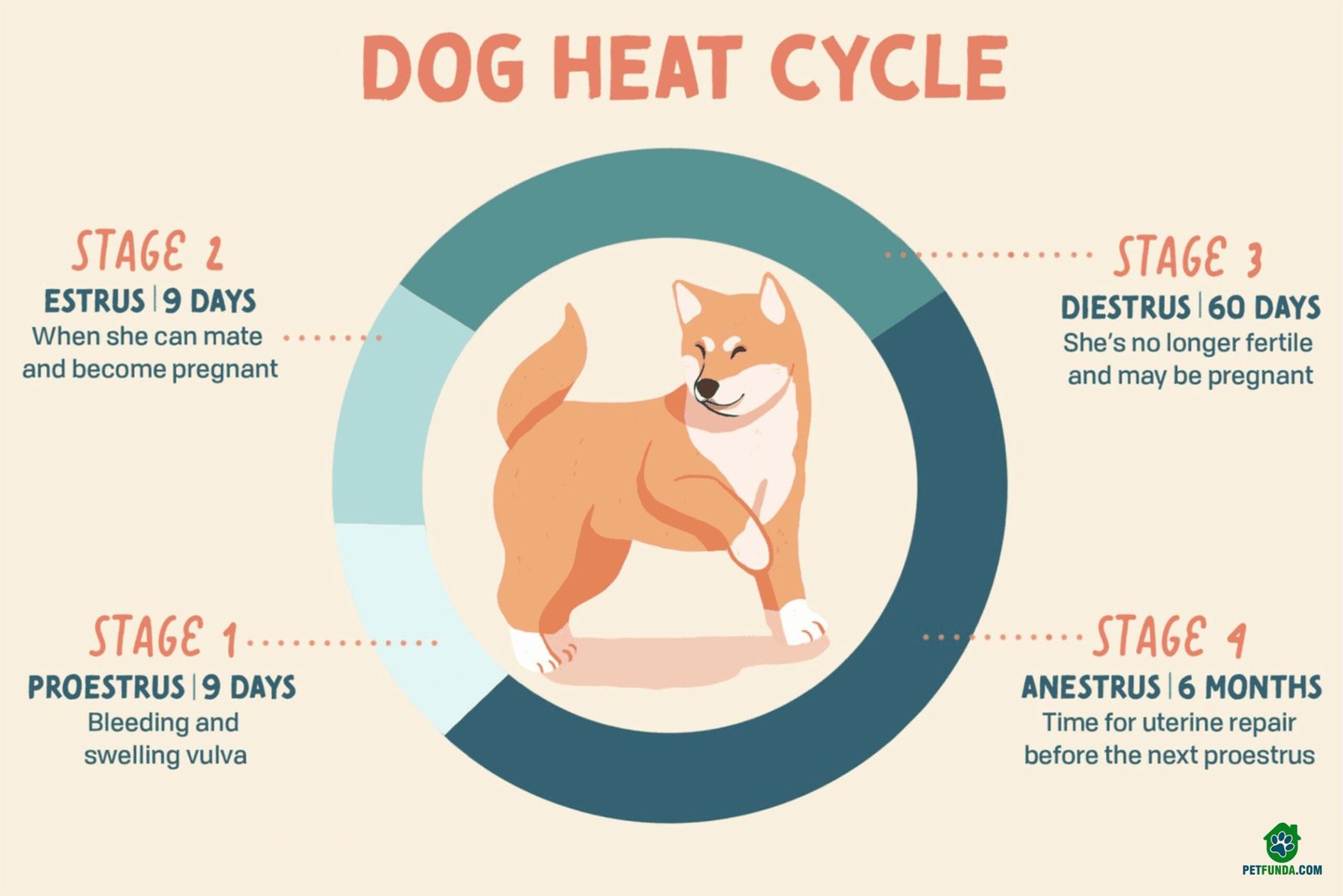Diabetes is not just limited to us, but even our beloved furry friends can get diabetes. Diabetes in dogs requires a lot of management to ensure their well-being. Being a responsible pet owner, you need to be aware of the symptoms and understand how you can support your dog with diabetes.
What Is Dog Diabetes?
Dog diabetes, also known as canine diabetes or diabetes mellitus, is a chronic condition that affects your dog’s ability to regulate its blood sugar levels effectively. This happens when the pancreas does not produce enough insulin or when the body cells become really resistant to insulin’s impact. Insulin is basically a hormone responsible for helping glucose enter these cells when it is used for energy. Without enough insulin or its proper functioning, glucose builds up in your dog’s bloodstream, which will lead to high sugar levels.
Symptoms Of Diabetes In Dog
Excessive Thirst
If your dog has diabetes, then it must be going through excessive thirst as it would be drinking more water than usual. It is because it’s their body’s attempt to flush out excessive sugar through urine.
Frequent Urination
Increased water intake leads to increased urine output. If your dog needs to relieve itself more frequently than usual, then you must be aware that it is a sign of diabetes.
Increased Appetite
Despite eating more, a dog with diabetes might experience weight loss because their body would be unable to use the nutrients from the food well.
Weight Loss
Unintended weight loss is a common symptom of diabetes in your dog. It is because their body would be unable to use glucose for energy, causing it to break down fat and protein stores for fuel, which would lead to weight loss.
Lethargy And Weakness
If your dog has diabetes, then it might appear tired and lethargic because of the lack of energy from glucose not reaching the cells.
Cloudy Eyes
Diabetes can also lead to the formation of cataracts in your dog’s eyes, causing cloudiness, and in severe cases, it can also lead to vision impairment or blindness.
Recurrent Infection
When your dog has diabetes, it is more susceptible to infections, especially in the urinary tract, skin, and ears.
Sweet Smelling Breath
Diabetes can cause a unique sweet or fruity smell on the dog’s breath, which is basically due to the presence of ketones, A byproduct of the body breaking down fat for energy.
Dehydration
If you observe any of these symptoms in your dog, it is essential for you to seek veterinary attention instantly for proper diagnosis and management.
Diagnosis And Management
If you suspect your dog has diabetes, a veterinary will conduct a thorough physical examination and might recommend tests like blood and urine tests and also confirm the diagnosis. The blood tests will measure glucose levels, while urine tests can detect the presence of glucose or ketones.
If your dog is diagnosed with diabetes, you should not worry, as with proper management, you can ensure that your dog can lead a happy and healthy life.
Insulin Injections
if your dog has type one diabetes and insulin injection is a cornerstone of treatment, insulin must be administered as prescribed by your doctor and would need adjustments based on your furry friend’s response and glucose levels.
Regular Blood Glucose Monitoring
Regular monitoring of blood glucose levels is critical to ensure your dog’s insulin dosage is well. Your doctor would recommend at-home monitoring using a glucometer or periodic veterinary visits for blood tests.
Consistent Feeding Schedule
Establishing a consistent feeding schedule for your dog is very important. Feeding the same amount of food at the same time every day can help stabilize the blood sugar level in your dog.
Balance Diets
It would be best if you worked with the veterinarian to create a balanced and appropriate diet for your diabetic dog. Special diabetic dog food or a diet rich in fiber and complex carbohydrates would be generally recommended for your dog.
Weight Management
Maintaining a healthy weight is very important for diabetic dogs. Your veterinarian can help you determine the right weight and create a weight management plan if needed.
Regular Exercise
Regular moderate exercise is beneficial for your diabetic dog. But you need to ensure that you avoid excessive physical activity that might lead to low blood sugar levels.
Medication And Treatment For Complications
If your dog is developing cataracts or other complications related to diabetes, then your veterinarian will recommend appropriate treatment or surgery if needed.
Monitor The Water Intake
Keep track of your dog’s water intake, as excessive water can ideally be a sign of fluctuating blood sugar levels.
Insulin Storage And Handling
Properly store and handle the insulin to maintain its effectiveness. You must follow the instructions given by your veterinarian.
Regularly Veterinary Checkups
Regular checkups with your veterinary are very important to monitor your dog’s overall health and diabetes management.
Importance Of Early Detection And Treatment
Early detection and instant treatment are essential for managing diabetes in your dog. If left untreated, diabetes can lead to severe complications. If you notice any symptoms or changes in your dog’s behavior, you need to seek attention finally promptly.
Supporting Your Diabetic Dog
Living with a diabetic dog requires you to be completely committed and dedicated to the proper care and attention. When you do so, your furry friend can lead a happy and fulfilling life. By working closely with your veterinarian and implementing a consistent management plan, you can ensure that your dog’s diabetes is well controlled and they receive the proper love and care that they deserve.
Diabetes in dogs is a manageable condition that requires attentive care and regular veterinary support. Understanding the common symptoms and taking instant action if you suspect your dog has the condition can lead to early diagnosis and better outcomes. With the proper treatment, diet, and lifestyle adjustments, your diabetic dog can thrive and continue to bring joy and companionship to your family for years to come.





